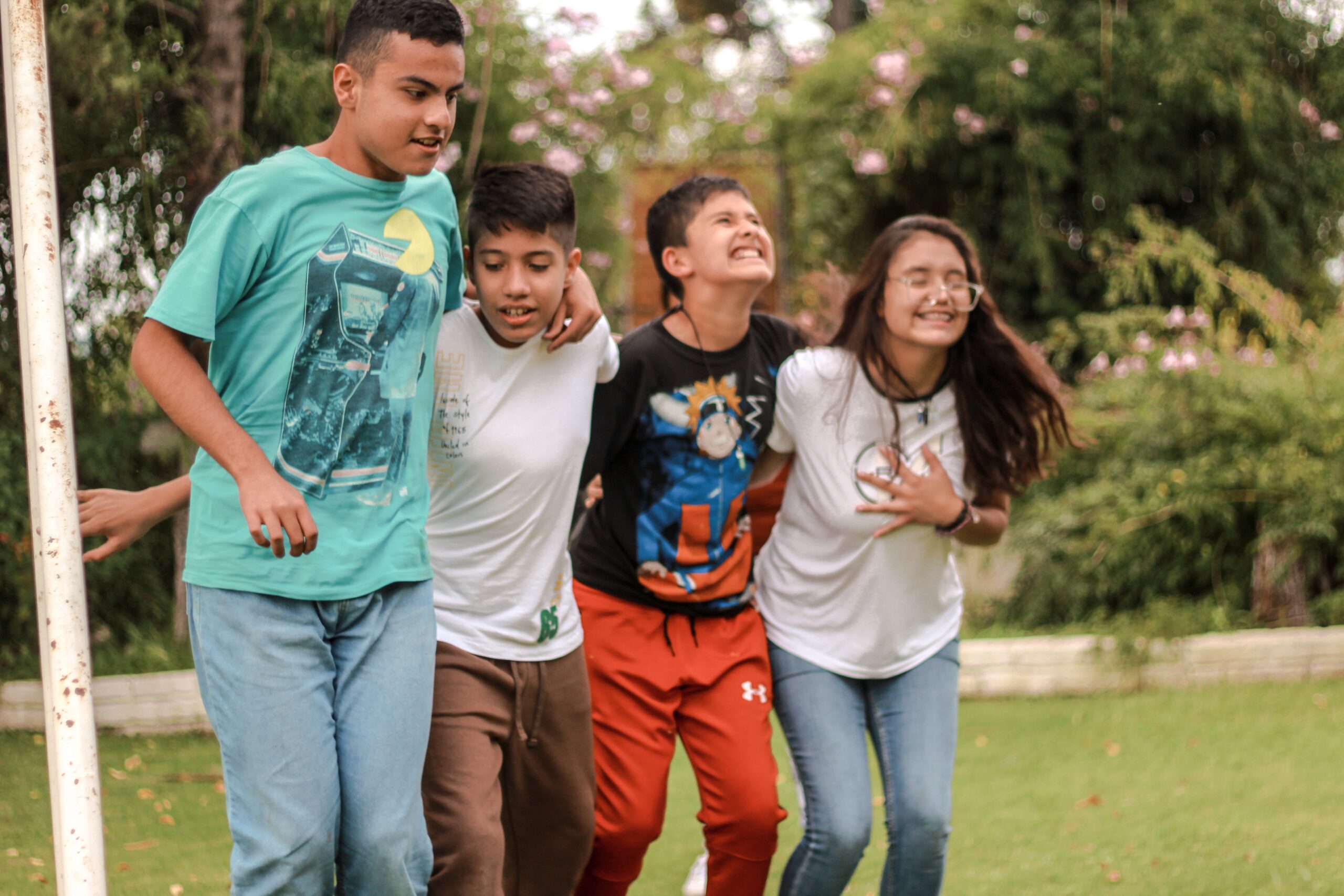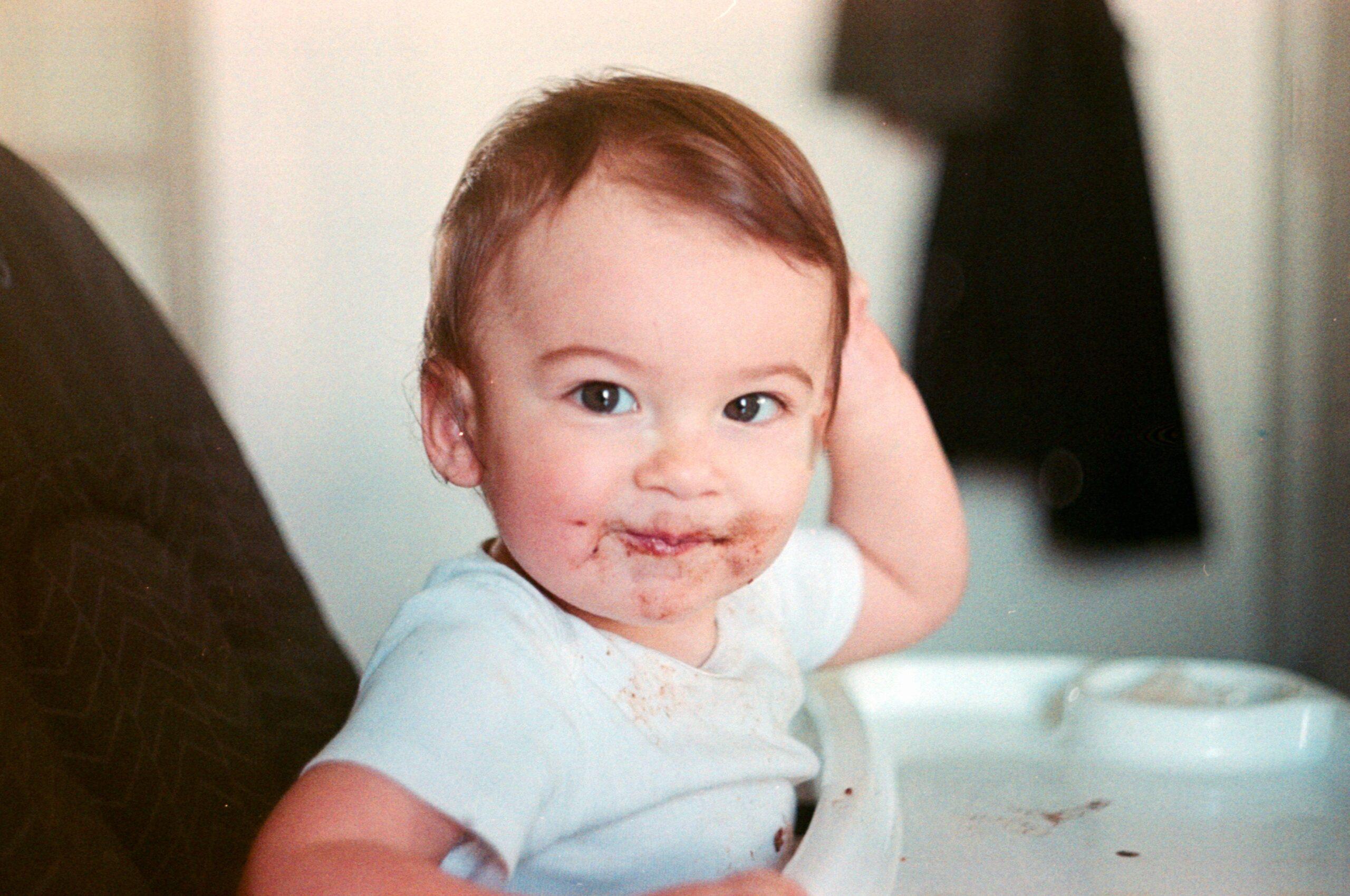At the start of your baby’s life, you’re the center of his world. But before you know it, your baby-turned-toddler is eager to discover a new social scene— the world of the playdate. Nervous about the first social encounter? Not to worry. Armed with the following information, you and your little one can truly enjoy this exciting milestone.
Start them young
Many parents wonder if there’s a right age to begin arranging playdates. “The younger, the better,” suggests Carleton Kendrick, Ed.M., LCSW, writer of Take Out Your Nose Ring, Honey, We’re Going to Grandma’s (Unlimited Publishing LLC). When babies get together, there’s a massive amount of social development going on. The author points out that when babies begin to crawl and explore, playdates provide them with an opportunity to explore a world outside of their parents.
Starting these get-togethers at a young age also offers benefits to parents. “Just getting out of the house and taking your baby to a playdate can be especially reaffirming for first-time mothers and fathers. Having the time to speak to another adult can be priceless,” Kendrick adds.
Be prepared
It’s important to prep your child as he moves into this new frontier. Most children find comfort knowing what’s going to happen next in their routine. “Keep it simple. Tell him what he’ll do at the playdate, who will be there and provide reassurance that he’ll have lots of fun,” Kendrick explains. Also, tell your child to put away his most cherished toys. You can talk about sharing all you want, but expecting your tyke to be generous with his teddy bear or trains is asking too much. Before the date begins, put playthings out of sight to keep them off your youngster’s mind.
Host his first playdate at home
Kids feel more comfortable in familiar surroundings. Invite the other child’s parent or caregiver to stay, or at least let her know she can wait until her child gets settled. If the gathering is at someone else’s house, stay put. “The first playdate should never be a drop-off,” Kendrick mentions. Your presence makes your child feel more at ease, particularly in case of a conflict or if your child experiences separation anxiety.
Plan for break time
Besides having some healthy snacks on hand, it’s a good idea to keep a quiet activity nearby in case the kids get wound up or need a time out. Reading a book, coloring or going outside are all great diversion strategies. Also let your child know it’s OK to play by himself for a bit if he needs to do so.
Schedule around your tot’s needs
It’s best that your child be fully rested when attending a playdate. If your tyke still takes a daily nap, schedule plans for before or after his rest. Also, respect your child’s limits for cooperative interactive play. “One hour to one-and-a-half hours is the ideal time frame for a first playdate,” Kendrick says. Parents shouldn’t push toddlers outside their natural limits of playtime because they’re enjoying themselves. It’s better to end the session when everyone is getting along well.
Finishing the playdate
Kendrick suggests that caretakers have an exit strategy for playdates. Remind your child in advance when it’s time to go and be specific. Too often parents tell kids, “We’re leaving in ten minutes.” But because young children don’t have a good sense of time, try relating the departure time to the activity in which your child is engaged. “If your son is playing race cars, tell him he can race four more cars on the track and then it’s time to go,” Kendrick explains. Bottom line: Give kids a warning in terms they can understand.
Playdates are a healthy part of your child’s social development. They help to build critical social skills, including how to share and interact with others, as well as develop empathy. And with today’s busy lifestyles, they’ve become a popular way for children and parents to meet up, creating a win-win opportunity for all to make friends.




